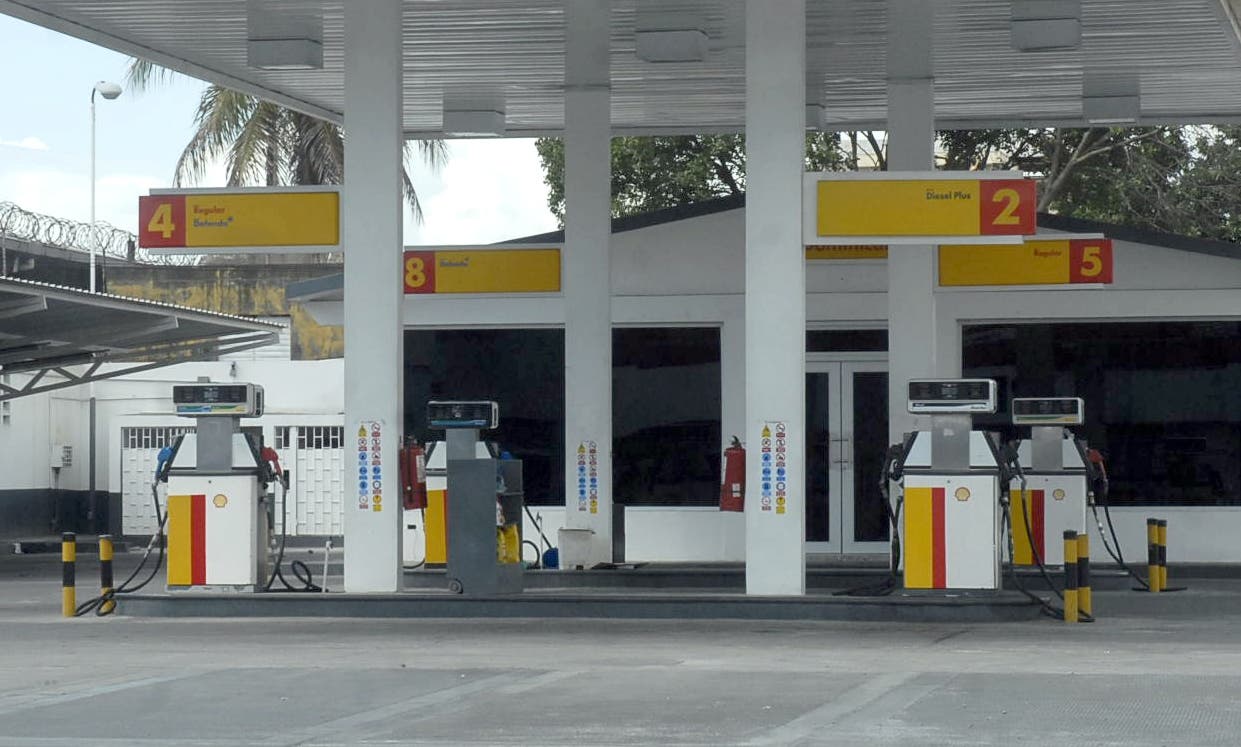It is inevitable that an increase in fuel prices will be announced this Friday, due to the increase in international oil prices in recent days.
West Texas Intermediate oil, which is what the Ministry of Industry, Commerce and MSMEs uses to calculate fuel prices, rose from $73.32 a barrel on Thursday to $78.82 on Monday, approaching an increase of almost eight percent. hundred.
As public finances are currently at very precarious levels, due to the aborted fiscal reform that sought to get it out of trouble, it is impossible for the Government to absorb these increases in oil prices.
This is because assuming them will imply increasing the expense for that subsidy, and the Government is not able to spend more resources than those budgeted for these purposes, without sacrificing fiscal viability and the commitment to price stability.
It is estimated that in 2024 fuel subsidies reached a value of more than RD$17,000 million and for 2025 RD$10,000 million pesos have been budgeted.
Spending more than budgeted would jeopardize compliance with the fiscal deficit objective. For 2024, that objective was 3.1% of GDP and the result was better than expected, 2.9% of GDP. For 2025, the fiscal deficit objective established in the budget is 3% of GDP and the same behavior is expected, since failure to comply would put price stability at risk and send a bad message to the markets, which are betting on a reduction in debt. Dominican Republic as a percentage of GDP, which would necessarily have to involve a reduction in the fiscal deficit.
Oil’s bullish trend in recent days has been fueled by sanctions imposed by the United States and the United Kingdom against two large Russian oil companies that exported just under 1 million barrels per day (mbpd) in the first 10 months of 2024, around 30% of Russia’s total flows, according to ‘Bloomberg’. The US has also sanctioned more than 180 vessels associated with Russia’s fleet, doubling the number of tankers. These latest actions are expected to offset the 1 mbpd surplus forecast by the International Energy Agency (IEA) for this year.
For some analysts, the sanctions have the potential to have a significant impact on Russian oil flows and they believe that the uncertainty over the impact these sanctions will have is proving to be bullish for the oil market.
The Dominican Republic cannot influence to change what the international market dictates and it would be very bad if it does not make local adjustments, because the consequences would be worse.















